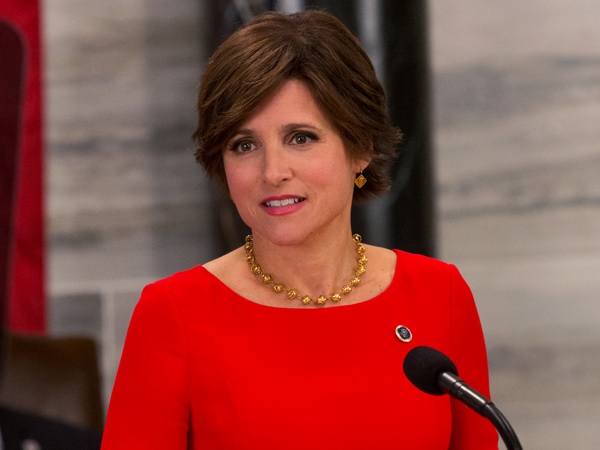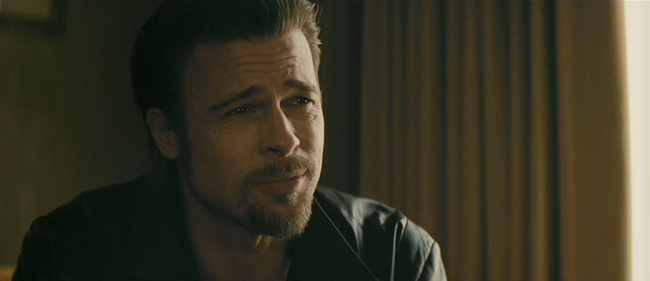Kung Fu Killer (aka Kung Fu Jungle)
Directed by Teddy Chang
China/Hong Kong, 2014
A homicidal martial artist, a kung fu killer if you will, is on the loose challenging the best fighters in their discipline (boxing, kicking, weapons, etc.) to prove he alone is the greatest fighter on the planet. Hahou Mo, played by the phenomenal martial arts actor Donnie Yen (whose Yuen Wu Ping collaboration, Iron Monkey, is among the greatest in kung fu cinema), is serving a prison sentence for losing his control and killing a man, and just so happens to hold the title of the greatest fighter on the planet. Upon learning of the crimes, he offers his expertise to catch the madman before he kills again.
It’s a pretty straight-forward concept, and between the acrobatics and stunt works, director Teddy Chang and star Donnie Yen offer some concerns with martial arts’ place in society and how it’s used among its greatest practitioners. If you were to step into a quality dojo, the teachers there would explain that it’s a physical art form meant to instill discipline and self-confidence, but when ego enters the picture, the competition for who is the best “artist” perverts the art, making what was once creative into something more destructive. One could perhaps use this line of thinking to comment on other artistic competitions like the Academy Awards. Meryl Streep vs. Anne Hathaway – whose method is superior? This philosophical struggle as to whether killing is wrong makes Hahou Mo’s decision as to how to stop the ultimate killing machine from carrying out his prime objective even more difficult and adds a little more gravitas to the final showdown than it would have otherwise. How the film finds its way out of this paradox felt a little like it was trying to have its cake and eat it too, but it should be applauded for not taking the path of least resistance.
Wang Baoqiang plays the titular villain, Fung Yu-Sau, and does so with maniacal glee, contorting his face into grotesque shapes to outwardly reflect his inner turmoil. Baoqiang made his official debut in Li Yang’s exceptional film Blind Shaft(2003), winning awards for best new performer. In Kung Fu Killer, he exhibits an electric physical charisma and, despite his character’s ugly demeanor, exquisite poise and grace. As a child he was inspired to become a martial arts film star by Jet Li’s Shaolin Temple(Chang, 1982), and it’s clear that he’s having a blast going toe-to-toe with some of the best physical artists in the world. It’s a type of passion that’s infectious and makes watching his scenes particularly enjoyable.
Unfortunately for Kung Fu Killer, the fight scenes can be a little hit or miss. The choreography itself appears to be top-quality, but at times the editing spatially displaces the action making it a little jarring and hard to follow. Camera placement is often too close to the action making some of the complex movement difficult to decipher, leaving only the impression of moving limbs and ultimately weakening their impact This highlights the film’s overall feeling of being unable to fully live up to its potential. While it has enough to make it entertaining, it doesn’t quite transcend the genre despite appearing eager to do so.







